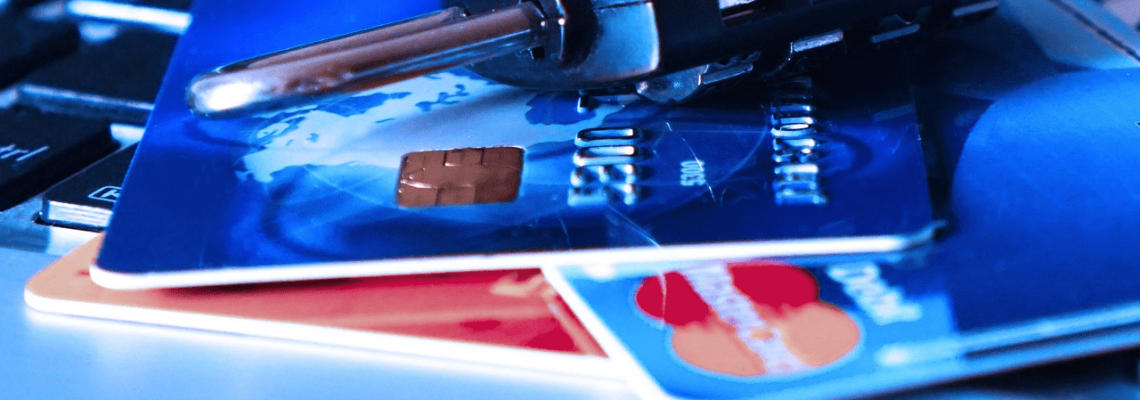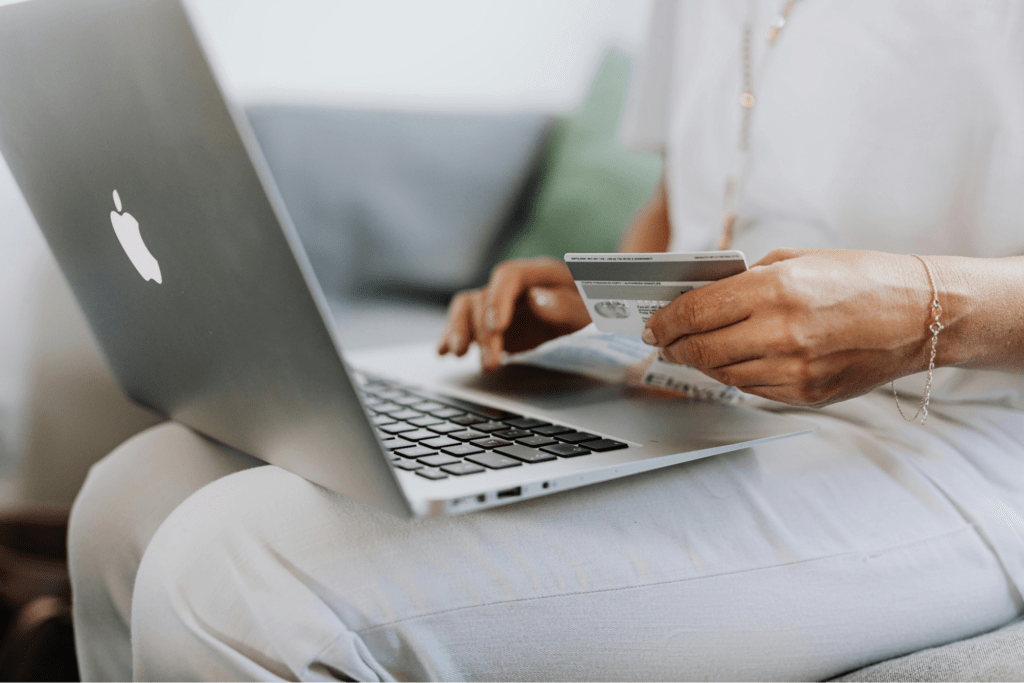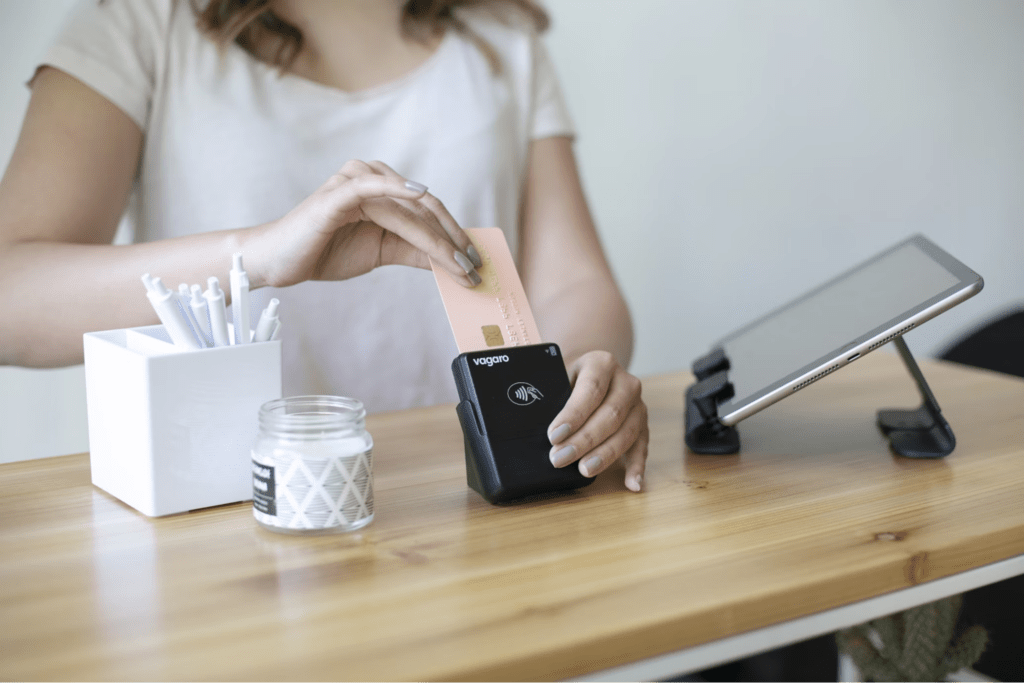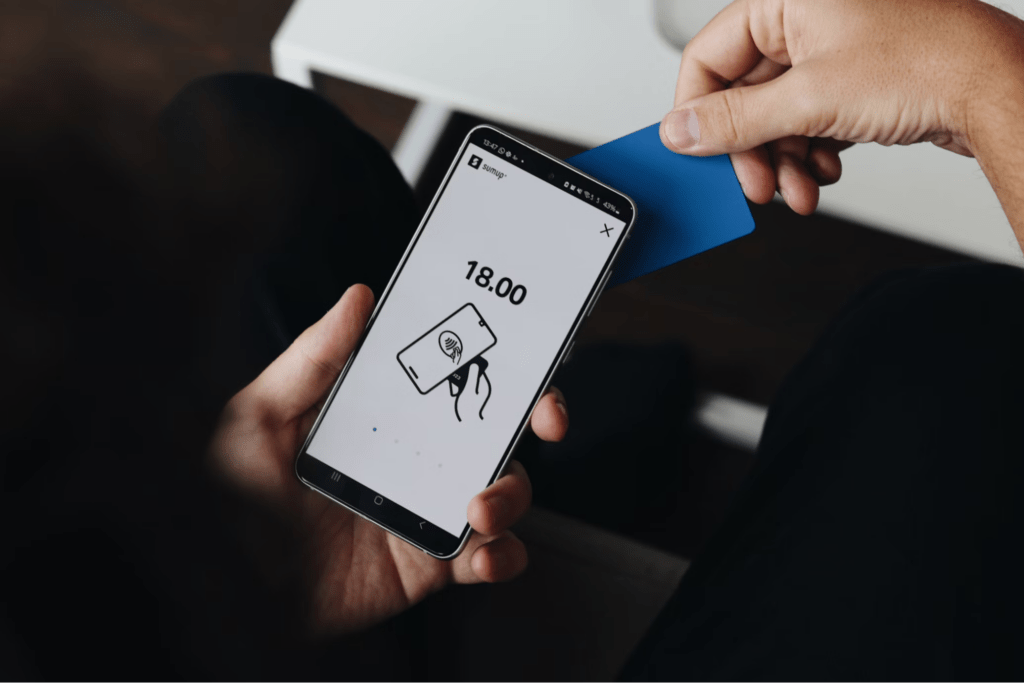
“Do debit cards have fraud protection?” This is one of the first questions that may cross your mind if you suspect you’ve fallen victim to debit card fraud or you’re concerned about card safety. Like credit cards, debit cards are also vulnerable to fraud attacks, but banks and card issuers only offer limited fraud protection for the latter.
Your liability for debit card fraud depends on several factors, including how quickly you report it. In this article, we’ll explore debit card fraud liability and consumer protection and explain:
- How to file a debit card fraud claim
- How to prevent debit card fraud
Are Debit Cards Protected From Fraud?
Debit cards offer fraud protection, but it is limited and dependent on several conditions. According to the FTC’s Electronic Fund Transfer Act (EFTA), you are liable for debit card fraud depending on the transaction that was made and how quickly you report the fraud.
The EFTA outlines the liability of a debit card user in the event of a fraud attack. In most cases, the quicker you report the fraud, the less likely you are to be held liable.
How Much Are You Liable for if Your Debit Card Is Stolen and Charges Are Made?
In a situation where a card is stolen and charges are made, the liability charge depends on how long it takes before you report the fraud. The fee for different time frames is as follows:
| Time Frame for Reporting | Liability Charge |
| Before a transaction occurs | $0 |
| Within 48 hours | $50 |
| Within 60 days | $500 |
| After 60 days | All fraudulent charges incurred, including money debited from the account, overdraft fees, and other debits from accounts linked to the card |
When you use a debit card, the funds lost are yours, not the bank’s. This is why banks or card issuers are not invested in providing more protection in cases like this. In the case of credit card fraud, it’s different. Credit card issuers offer a more consumer-centric approach in dealing with credit card fraud because their financial interests are also at stake.
Although credit and debit cards offer some level of protection, you face more liability for fraudulent charges when you use a debit card.

Credit Card vs. Debit Card Fraud Protection
Credit cards typically offer a higher level of fraud protection than debit cards. Under federal law, issuers are mandated to provide greater liability protection if you fall victim to credit card fraud. Most credit card issuers also have a zero-liability policy. Although some debit card issuers also offer it, you are still required to report the fraud within a stipulated number of days to be eligible.
According to the Fair Credit Billing Act, you’re charged $0 if you report a credit card missing before a fraudulent transaction occurs. If you report it after the transaction, your liability is limited to $50 max. In many cases, the credit card issuer waives this fee, regardless of the stolen amount.
Are Debit Cards Insured Against Theft?
Debit card theft becomes fraud if the thief uses it to withdraw funds from your account or make unauthorized purchases in your name. They could also steal your identity by posing as you to create more card accounts or conduct business using your financial information.
Since debit card theft often results in fraud, most card issuers view stolen card cases as debit card fraud. Therefore, the EFTA’s liability charges still apply in the case of debit card theft. Reporting the theft quickly can reduce your liability to as little as $0. For bank-specific insurance terms and conditions, contact your financial institution.
How To Dispute and Report a Fraudulent Debit Card Transaction

If you observe a fraudulent or unauthorized charge on your debit card account, you can take the following steps to dispute and report the charge:
- Contact the business—If the charge comes from a business you recognize, immediately contact them about the unauthorized transaction. They might agree to settle amicably to avoid receiving a chargeback request from the bank. Alternatively, they’ll work with you to report the fraud to the police if the charge didn’t originate from them. If the charge is not from a familiar entity, skip to the next step
- Contact your card issuer—It’s advisable to involve your card issuer in the case so they can keep an eye on your account and assist with recouping the funds. You can find their number on the back of your debit card or their app/website dashboard. Once you report the fraud, they begin an investigation and advise you on your next action steps
- Report to the FTC—The FTC also recommends that you report fraudulent activity to them if you suspect it. Visit their website and follow the recommended steps to report fraud occurrence. You’ll also find other helpful information and resources, including this sample fraud dispute letter you can send to your bank
- Report to the police—File a report with your local law enforcement agency to keep an official record of the fraud occurrence. This document will be helpful to your claim during the investigation
When To Use a Debit Card for Safe Transactions

Because of the hassle of disputing a liability claim when debit card fraud occurs, it’s usually advisable to use a credit card for most transactions. Even if credit card fraud occurs, the zero-liability policy protects you, and the risk of losing money from your checking account is lower.
However, there may be a few instances when using a debit card is a good option. These include:
- In-person transactions—Use your debit card with a merchant you’re familiar with or a reputable retailer with security practices you trust. Choose chip-and-PIN transactions over magnetic stripe machines (where you have to swipe your card) since they’re more secure
- Secure websites—Use your debit card on trusted websites that have security measures in place, such as https encryption. Look out for the padlock symbol on the address bar as well because it’s a sign that a site is well-secured
- When the connection is secure—Public Wi-Fi, such as the one at the airport, train station, or restaurant, can be easily compromised, allowing fraudsters to intercept your debit card transaction and steal your information. Never use a debit card if you’re unsure of the security of the connection. To further protect yourself, you can use a virtual private network (VPN) to safeguard your identity and secure your network connection
How To Prevent Debit Card Fraud

You can prevent debit card fraud by taking steps to avoid falling victim to fraudsters. This requires keeping your debit card as safe as possible. Take these steps to protect your card from fraudsters:
- Keep your PIN highly secure—Never write down your PIN or give it to anyone, regardless of who’s asking. Your bank will never contact you to request your PIN. If someone claims to be from your bank and is asking for your PIN, you’re likely dealing with a fraudster
- Frequently review your account activity—Sometimes, fraudulent activity can go undetected if you don’t keep an eye on your checking or savings account. If you use online banking, frequently check for unauthorized transactions in your bank statement and immediately report to your bank if you spot any
- Set up a debit card transaction alert—Turn on notifications to alert you whenever a transaction occurs on your account. This way, you’ll be able to identify when a suspicious transaction takes place quickly
- Secure your funds—Move your funds out of your regular checking or savings account into a more secure, fraud-protected savings platform like FortKnox. If fraudsters get a hold of your debit card, their access to your major savings will be limited since you’ll only have spending cash in your checking account




